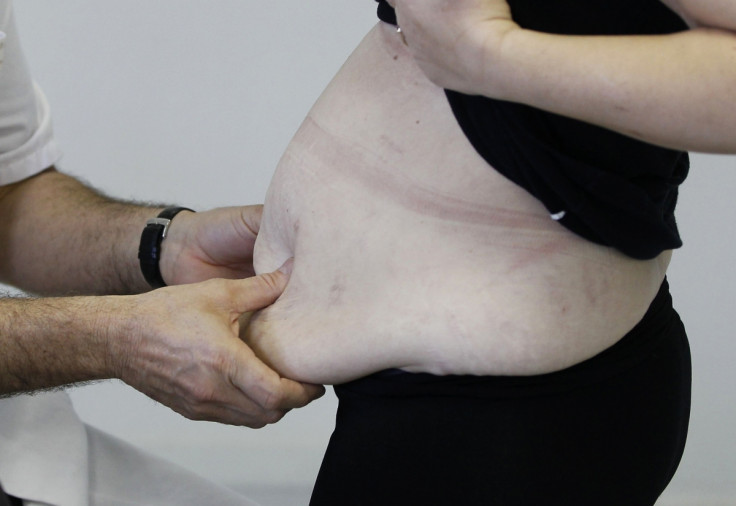Obesity in UK: Want to lose weight? Current methods are 'not effective'

A research funded by the National Institute for Health Research (NIHR) in the United Kingdom has revealed that only one in 210 men and one in 124 women with obesity can reduce weight to healthy proportions.
Researchers studied digital health records for 278,982 people including 129,194 men and 149,788 women, and concluded that the current methods of getting people to lose weight "are not working".
A statement published on EurekAlert states that those with severe obesity have a lower chance of reducing weight. "The chance such people attaining normal body weight increases to one in 1,290 for men and one in 677 for women with severe obesity," the study of UK health records led by King's College London revealed.
The findings have been published in the American Journal Of Public Health.
According to the statement, "The study looked at the probability of obese patients attaining normal weight or a 5% reduction in body weight; patients who received bariatric surgery were excluded from the study. A minimum of three body mass index (BMI) records per patient was used to estimate weight changes."
The study also suggested that current weight management programmes focused on dieting and exercise, which are not as effective in tackling obesity at population levels.
"The annual chance of obese patients achieving 5% weight loss was one in 12 for men and one in 10 for women. For those who achieved 5% weight loss, 53% regained it within two years and 78% had regained the weight within five years."
Overall, only 1,283 men and 2,245 women with a BMI of 30-35 reached their normal body weight in a given year.
Dr Alison Fildes from the Division of Health and Social Care Research at King's College London said: "Losing 5 to 10 per cent of your body weight has been shown to have meaningful health benefits and is often recommended as a weight loss target. These findings highlight how difficult it is for people with obesity to achieve and maintain even small amounts of weight loss."
"The main treatment options offered to obese patients in the UK are weight management programmes accessed via their GP. This evidence suggests the current system is not working for the vast majority of obese patients."
"Once an adult becomes obese, it is very unlikely that they will return to a healthy body weight. New approaches are urgently needed to deal with this issue. Obesity treatments should focus on preventing overweight and obese patients gaining further weight, while also helping those that do lose weight to keep it off. More importantly, priority needs to be placed on preventing weight gain in the first place."
The study is alarming as a large section of Britons do not take obesity seriously and had no idea of what constitutes a healthy weight, an earlier study at the Association for the Study of Obesity showed.
The survey found that a third of British adults who were obese thought they are merely overweight, while a fifth of those who are overweight believed they are healthy. Seven out of 10 adults are obese in some parts of the UK and the figure could rise by 2030.
According to government estimates, the cost of obesity will rise to £50bn ($78bn) by 2053 in the UK, placing a heavy strain on the National Health Service, considering that the country also has the second-highest proportion of overweight children as compared to 28 other countries.
© Copyright IBTimes 2025. All rights reserved.




















